Methinks it’s safe to say that Capaldi’s run has not been without some controversy, some legit and some not so much.
For starters, the actor was a bit older than what modern audiences have been accustomed (Capaldi is six years senior Christopher Eccleston who helped bring the Doctor back onto the tele in 2004, though obviously at a younger age than when Peter inherited the TARDIS); and while it’s safe to suggest that his maturity may’ve put off some viewers I personally had no issues with it whatsoever. (In fact, I’ve enjoyed having a sense of seniority back at the show’s helm.) Some ‘talking heads’ in entertainment media have strongly pointed out the program’s falling ratings imply that audiences never quite “took” to Capaldi, but I’d counter that the continued media explosion – namely the reality that there are vastly more choices for entertainment available each passing year – could equally dilute those numbers. Lastly, of course, there’s the never-ending ‘Russell T. Davis vs. Steven Moffat’ hullabaloo (who has served as a better showrunner), and I’m always quick to point out that over fifty years of existing stories and backstories might just make that job more and more thankless each year as it grows harder and harder to find fresh, fertile ground to explore. While the universe might be expanding literally, creativity will always be bound by the restrictions of TV budgets.
Alas, it may not exactly have helped matters that this past holiday special – “The Return of Doctor Mysterio” – really had no sense of the traditional holiday trappings to much of it (you can check out my review right here if you’re interested), perhaps even mildly suggesting that Who was due to a shakedown. Both Capaldi and Moffat are on record as having suggested that perhaps a new showrunner should also inherit a new Doctor (the BBC has previously announced that Chris Chibnall will be taking over Moffat’s duties beginning with Series 11), so I tend to see Capaldi’s announced departure as little more than that: a chance for the show to ‘begin anew.’
That said, change can be a ‘best friend’ just as easily as it can become a ‘worst enemy.’ David Tennant had some reasonably big shoes to fill with Eccleston’s departure, and I’ve read Matt Smith’s comments about assuming the same mantle when Tennant opted to move along. The Who universe can be a vast and frightening place to live in what with all the Daleks and Cybermen waiting in the deepest, darkest corners. These days, fandom can be notoriously fickle, and viewers expecting great returns for their continued loyalty are quick to register their disappointment at practically every opportunity online and beyond.
Or should I say – to herself?
If viewers are perfectly honest with themselves, then it’s easy to admit that Who is and has always been a show founded in transition: characters (good and bad) come and go, and the central character himself can regenerate into another version, opening opportunities for changes in both themes and tones constantly. After all, how many hours have fans debated online and elsewhere just whom the best Doctor is? The best villains? The best companion? The best TARDIS interior? While these elements are arguably fodder much in the same way they are for any franchise, Who’s uniqueness perhaps spurs even more controversy than any single showrunner should have to endure for too long a season.
I’ve always welcomed a new Doctor, and I will again. Granted, I do wish Capaldi’s run wasn’t coming so soon (I say that even with this forced ‘hiatus’ probably not serving the show well either), but as his adventures and those of his predecessors have taught me there are fixed points in time that cannot be avoided, cheated, nor tempted, not matter how hard we try. Perhaps this ‘change’ is nothing but more of the same.
Only time will tell …
… and time -- as we know -- is the Doctor’s day job.

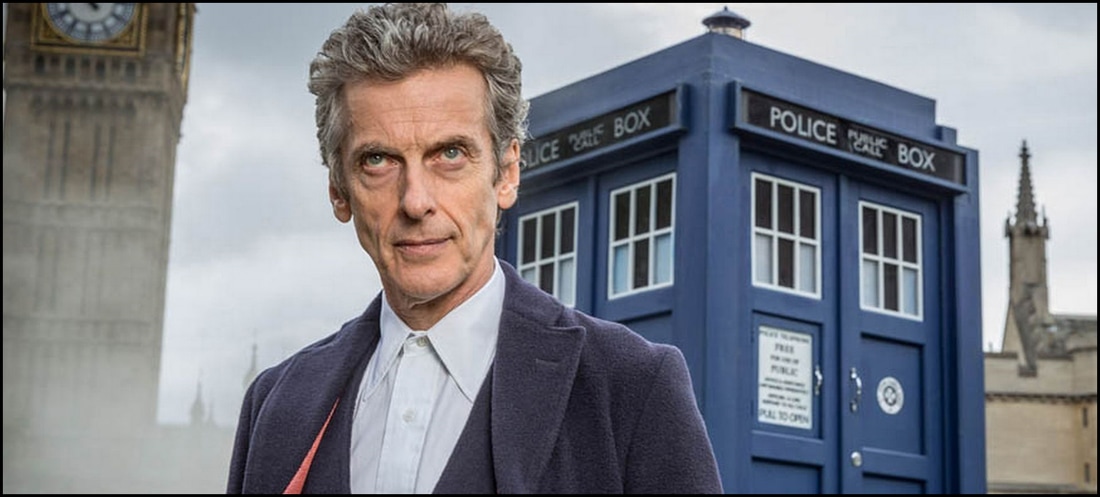
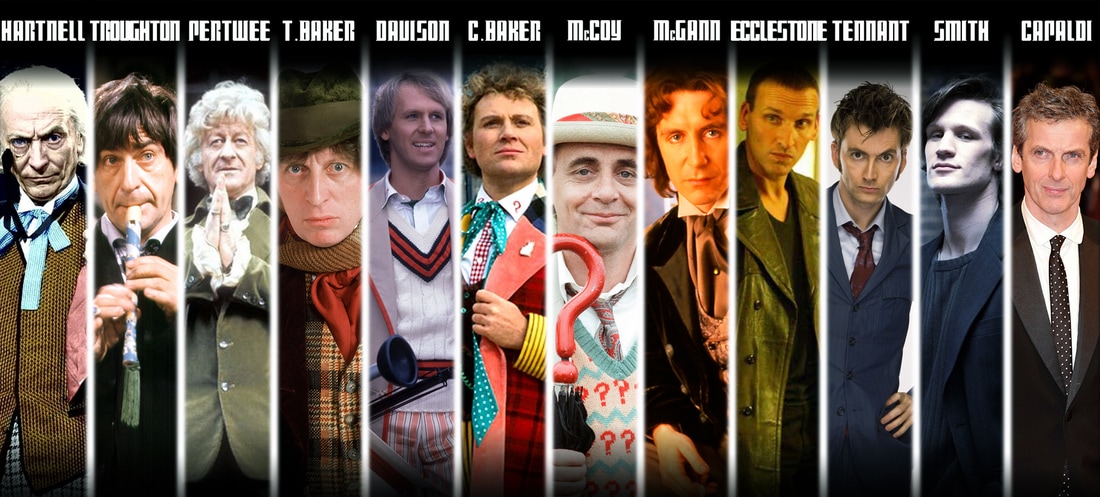

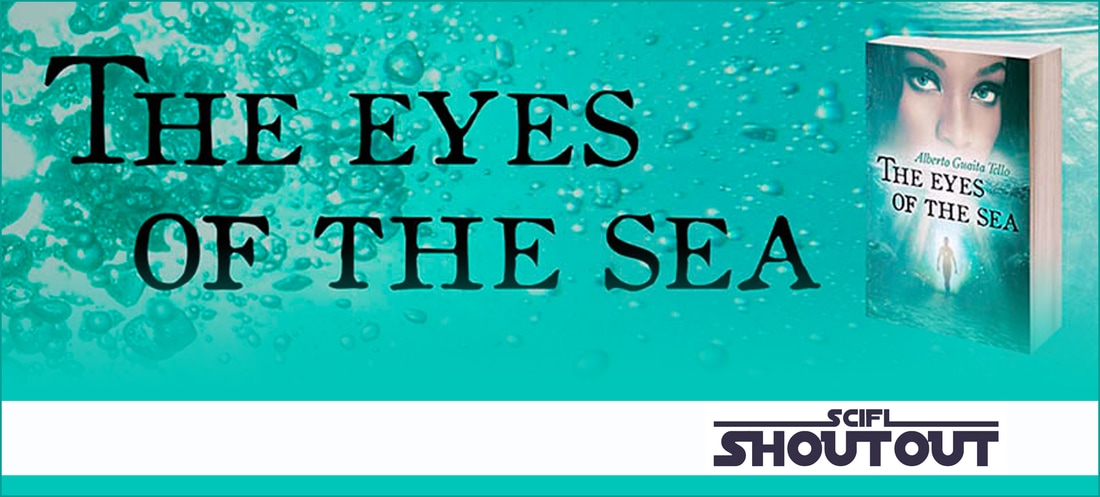
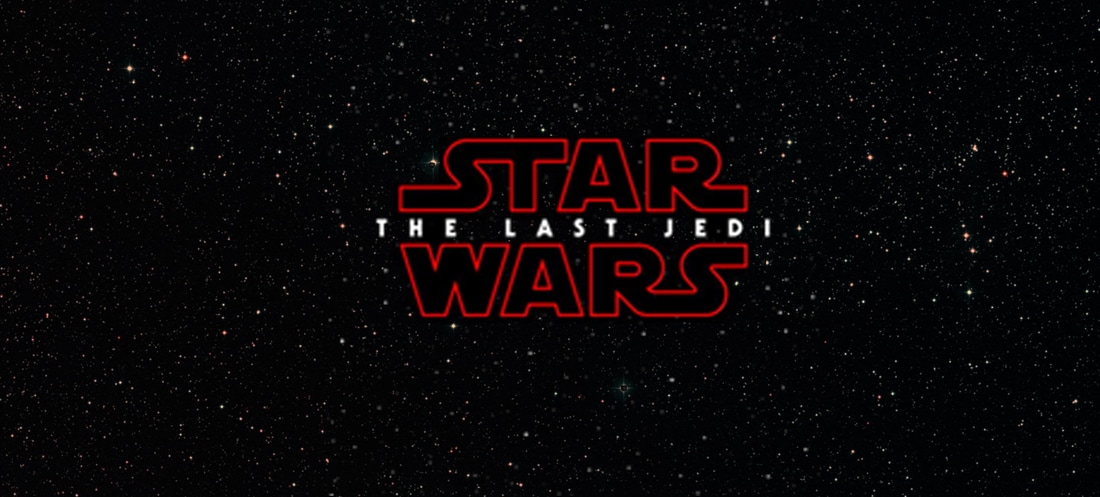
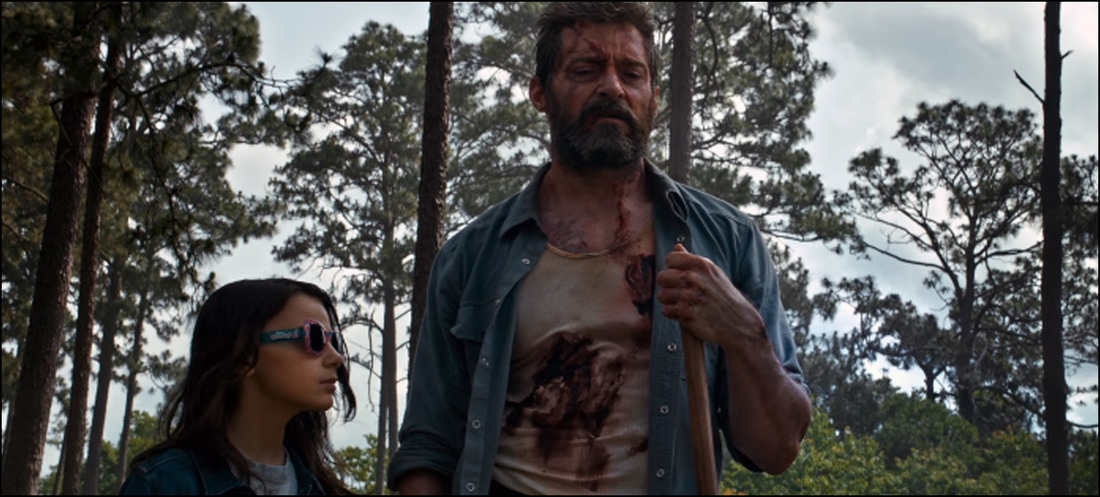
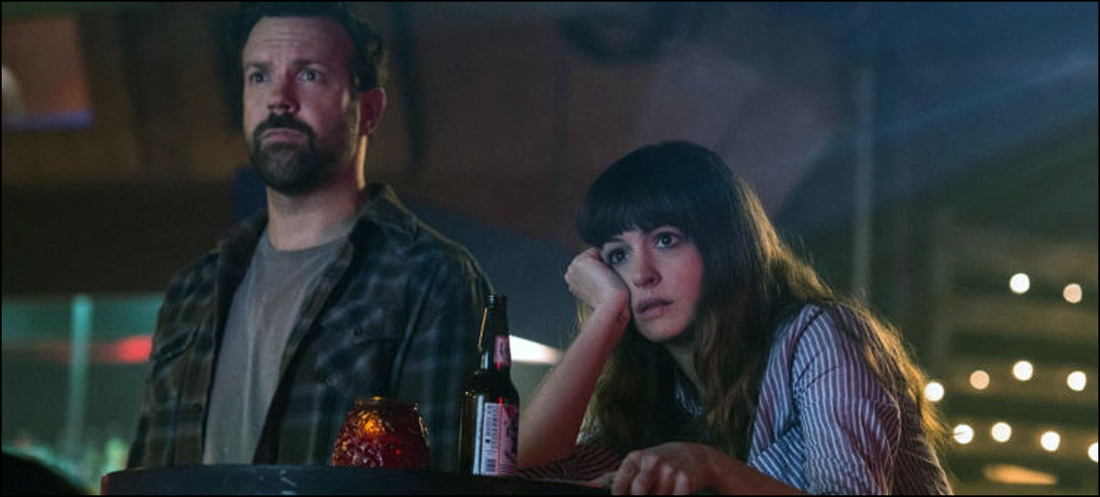
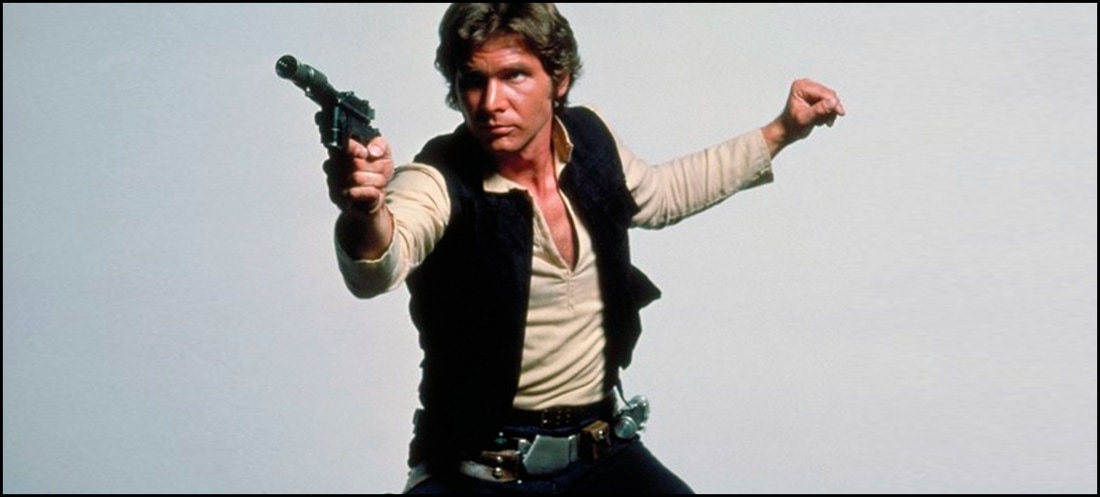
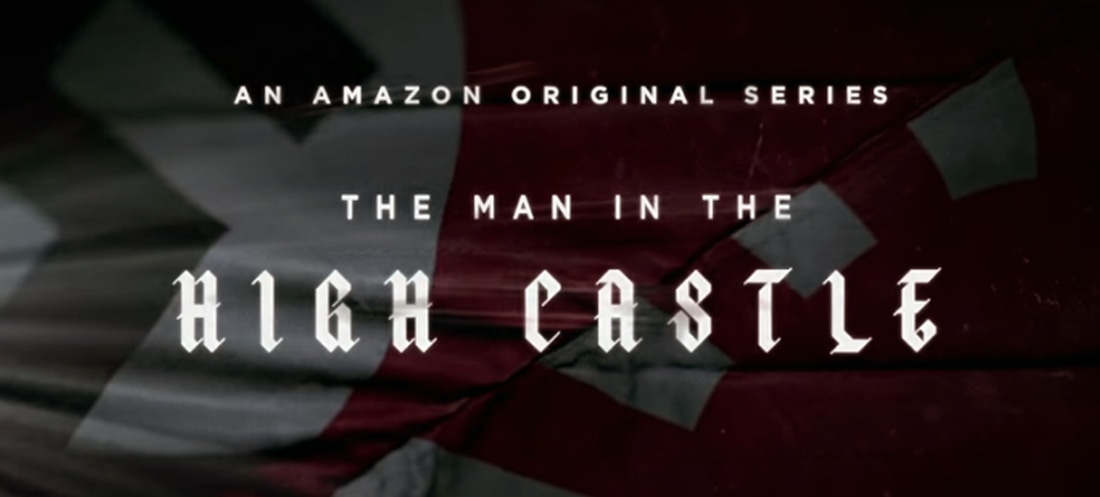

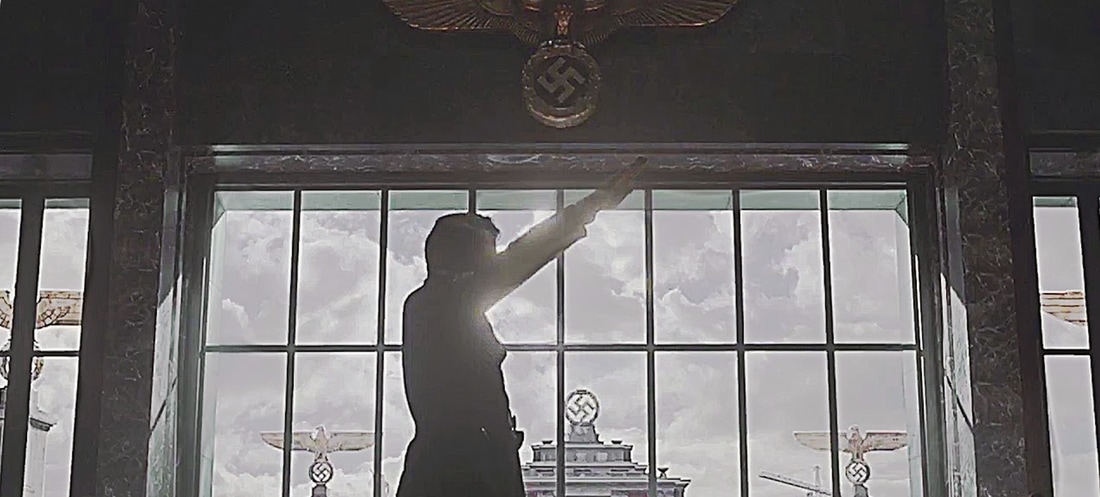
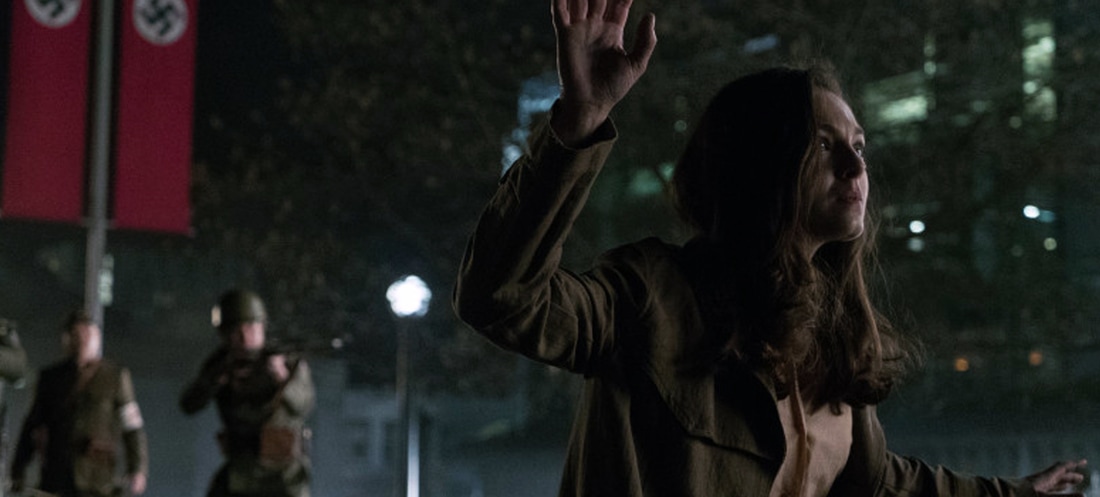
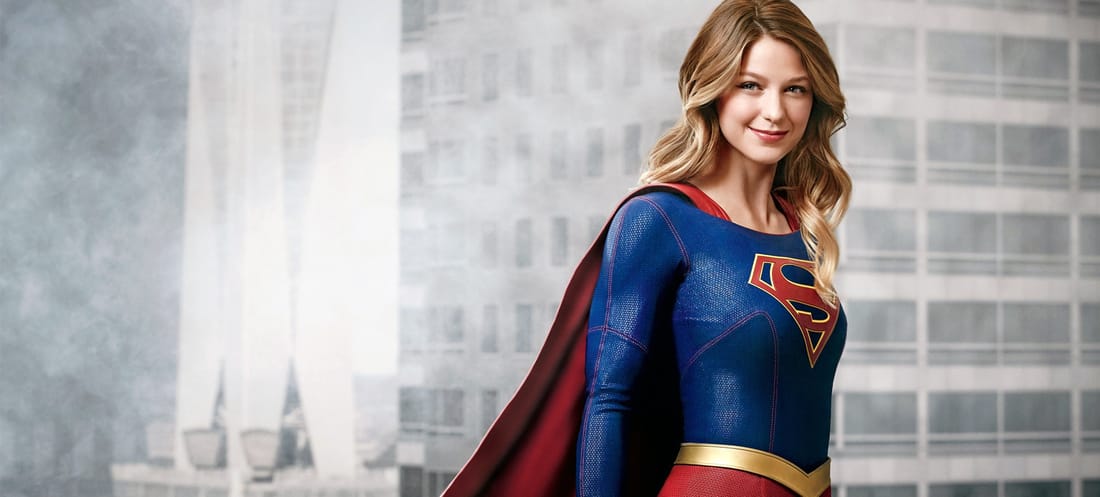
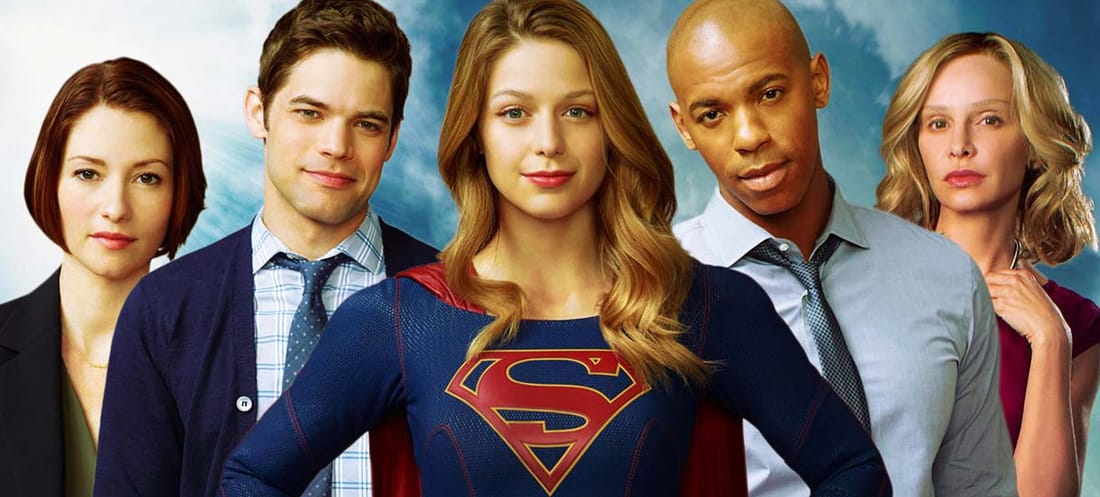
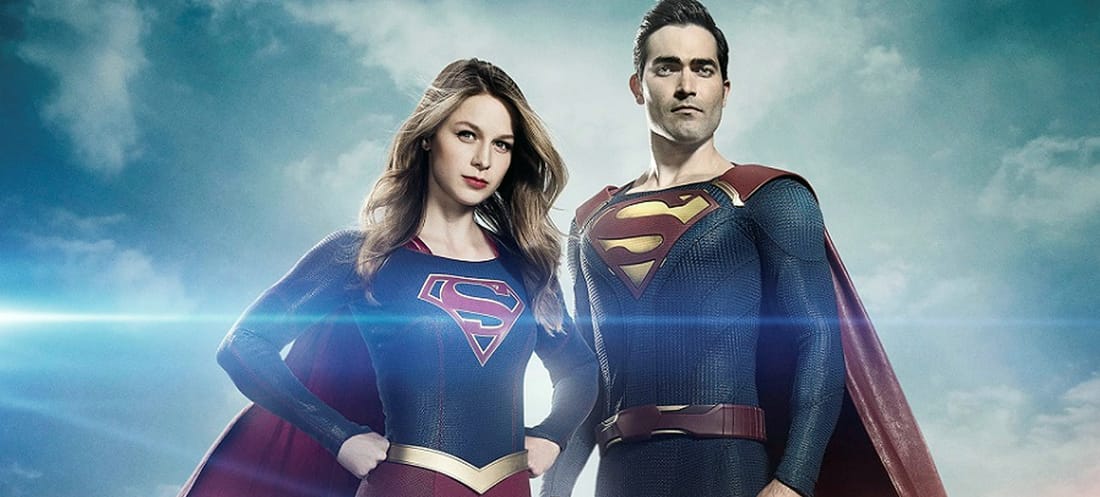
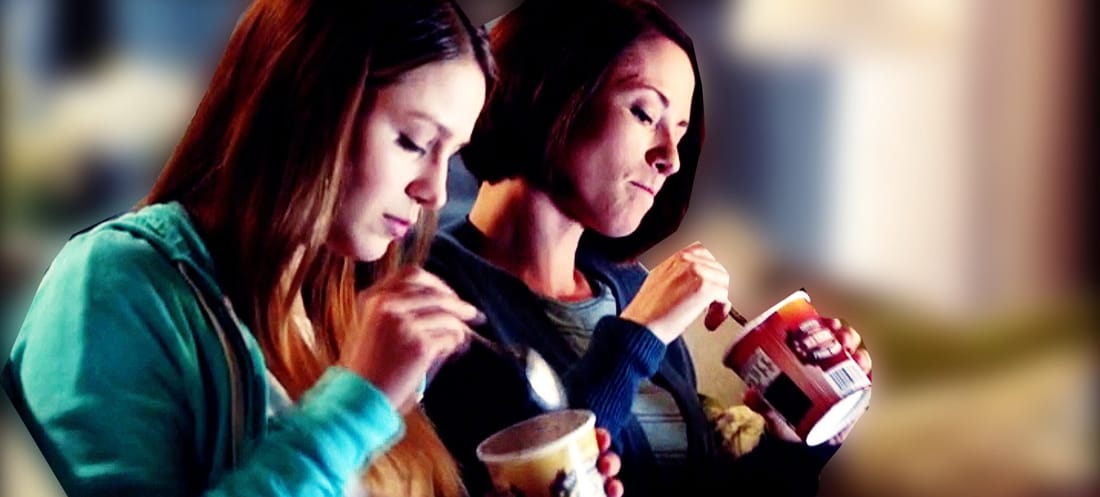
 RSS Feed
RSS Feed